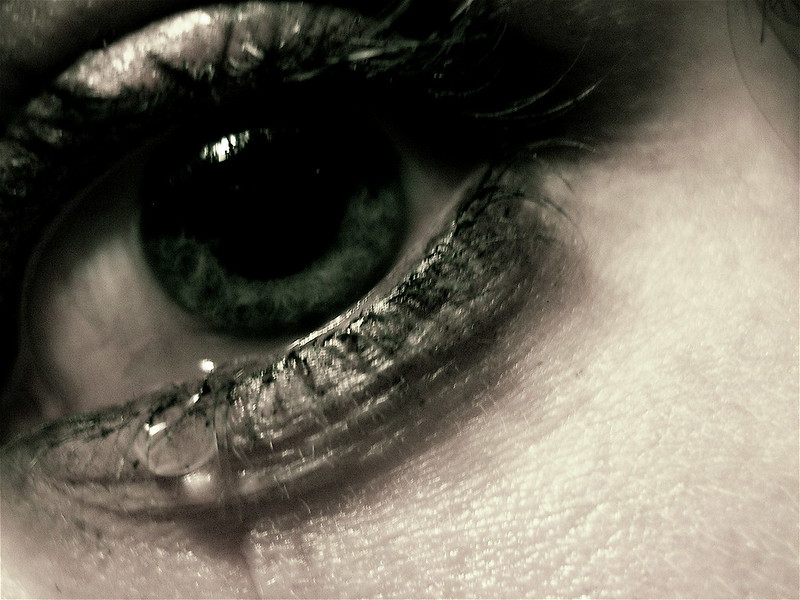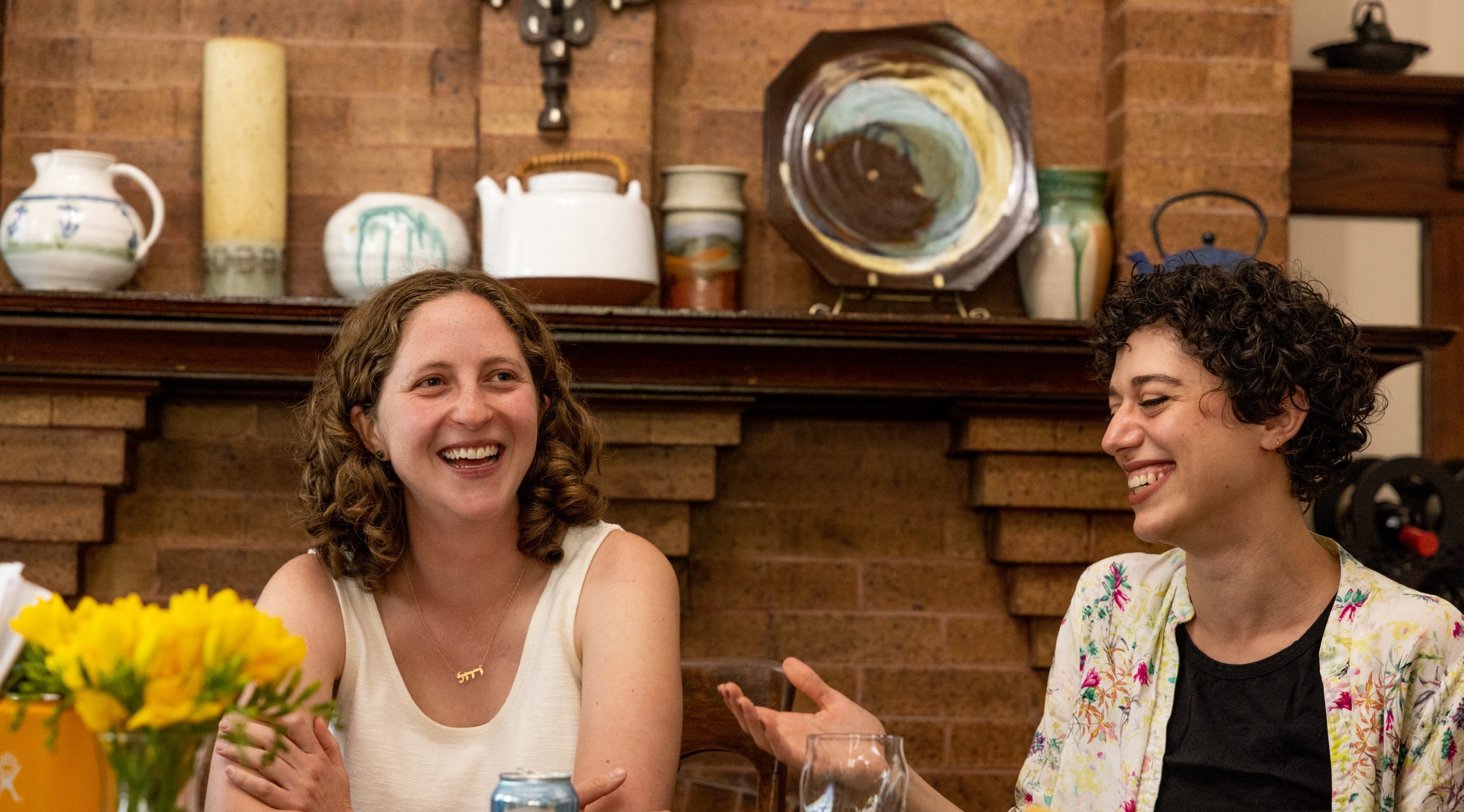
I finally watched “Barbie” this week. I was on the plane, heading home after an intensive four days of work, too exhausted to do much of anything else. So, the movies.
If you haven’t seen “Barbie” yet, here’s my encouragement to do so. And if you have seen it, here’s my encouragement to see it again. It’s a smart, funny, and incisive two hours of social commentary on gender: the expectations of other people and society, performing for those expectations even within close relationships, and ultimately the challenge we each face to find our own voice and agency.
Many of the most significant moments of the film involve tears. As Barbie transforms from doll to human, she discovers what it’s like to cry (“Achy, but good”). When she reaches her lowest point, Barbie is crying without makeup–an unvarnished, regular human being, exposed and raw. Likewise, Ken’s catharsis near the end of the film includes his shedding tears as he comes to terms with his life. None of this is surprising, of course–it’s the movies–but still, I found it illuminating to see these characters learn to do something that so many of us do naturally as children and then, as we grow older, learn to suppress.
Parashat Vayigash, the emotional climax of the Joseph story, is filled with crying. Joseph sobs when he reveals himself to his brothers (Gen. 45:2). He cries on Benjamin’s neck (v. 14), and then he weeps when embracing each of his brothers (v. 15). Finally, when he sees his father, “he wept on his neck even more” (46:29). All of which is to say that Joseph is a crier. It’s as though he’s been holding this in for a long time. Now it all comes gushing out, part of the repair of his relationships, of witnessing the remorse and repentance of his brothers, and of being able to, finally, reveal to himself and to the rest of the world who he really is.
The days and weeks and months since October 7 have been filled with tears for so many people. Every day I hear from my own family in Israel about the tears they’re shedding. “Gotta go,” a relative wrote the other day, “have to squeeze in some work before the next funeral” for a soldier from their city. Tears are flowing from Israelis and Palestinians who have lost parents and children, grandparents and siblings; who have lost homes and ways of life; who have lost hope that life could be different than the suffering it is right now. There are also tears of relief and joy: When captives are freed; when soldiers come home; when loved ones are reunited; when we witness stories of support and solidarity.
Speaking for myself, I feel like I’ve stopped shedding as many tears as I did in the early days of the war, when I was kind of a puddle. I’ve felt myself, like Jacob, become a bit numbed as the suffering has continued for so many weeks. That’s natural, part of the body’s response that allows me to endure and not be completely overcome by these strong emotions. But I also feel it risks allowing the cool, rational brain to completely take over, to forget or suppress or lose touch with the emotional reality.
The task I feel called to is maintaining awareness of all of it, and using my Jewish mindfulness practices to do so. As Lawyer Barbie says, “I have no difficulty holding both logic and emotion at the same time, and it does not diminish my powers. It expands them.” That’s an apt description of the lesson Joseph and his brothers learn (though, at least in my experience, it’s actually pretty difficult). May we learn and relearn and live into it today.

